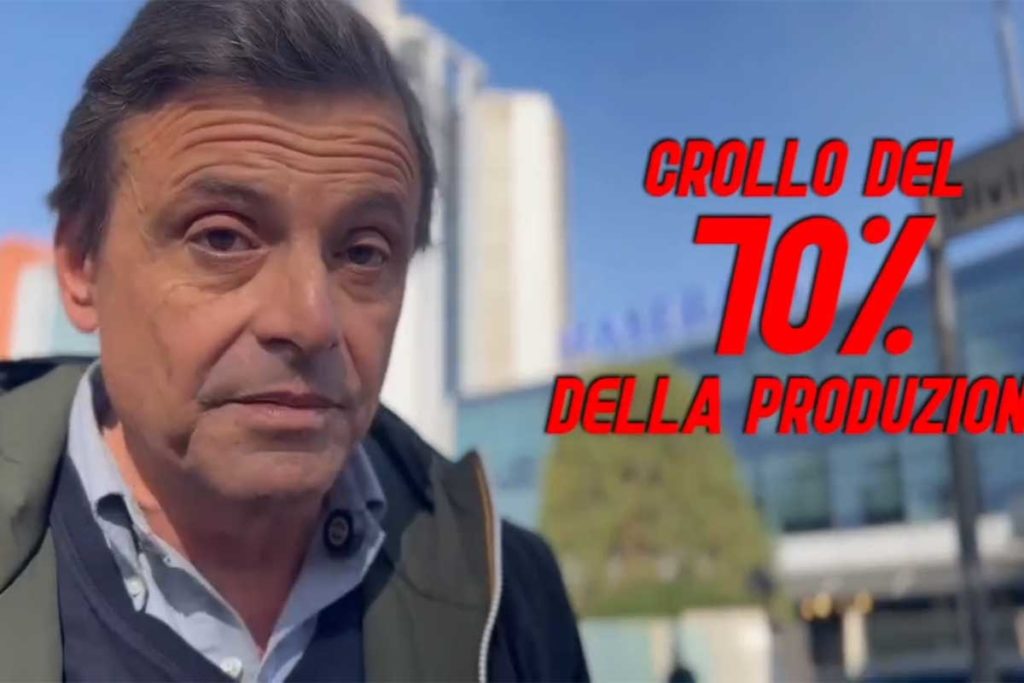
On November 1, 2024, Carlo Calenda, former minister and current secretary of the Azione party, made a a high-profile visit to the Maserati plant in Modène. This symbolic location for the Italian automotive industry, once a proud bastion of innovation and luxury, is now at the heart of a profound crisis. "It's a great sadness," said Calenda.He was moved by Maserati's current situation. "I've worked in the industry, and we had done an extraordinary job reinventing this brand for the United States, modernizing the plant and developing new models. Today, to see this production reduced to 600 vehicles is heartbreaking." (Editor's note: Carlo Calenda worked for Ferrari from 1998 to 2003 in the United States, and helped launch the 3200 GT and Gransport in this market).
This drop in production illustrates the complex situation facing the Italian, and more broadly the European, automotive industry at the end of 2024. According to Calenda, recent strategic decisions, focused on dividends rather than investment, have contributed to Maserati's decline against a backdrop of the abandonment of public support for the industry. "Giorgia Meloni's government is not spending a single euro on industrial policy, at a time when the recession is knocking on the door," he laments. As part of his campaign, Carlo Calenda is proposing a clear, costed plan to support this emblematic industry, and is calling for pragmatic reforms, far removed from ideologies and in tune with economic realities.
This industrial malaise affects Italy's automotive sector more broadly. Calenda estimates that 2025 could prove "catastrophic" without massive investmentIn his view, Maserati's situation, with production now at the margins, is symptomatic of a gradual deindustrialization. The situation at Maserati, where production has become marginal, is symptomatic of progressive deindustrialization.
Waiting for the first speech of Maserati's new CEOSanto Ficili, the Trident brand remains in a state of uncertainty, with no concrete short-term plans. a new Levante for 2027. Concluding his visit, Calenda recalled the importance of Maserati for Italy, not only as a symbol of prestige, but also as a source of jobs and innovation. "If we want to preserve this heritage, it's time to stop making short-term calculations and embark on a solid recovery project," he concluded.
I'm not a mind reader, and I'm no better than the people at Maserati, but they want to be pioneers in electric vehicles, while they're struggling with internal combustion.
The U.S. market isn't ready for electric cars, so they'll have to rely on large combustion engines for a few more years. Having spent several holidays there, the European sports car market is dominated by Ferrari, many Porsches and Aston, but not Maserati.
Ditto for BMW, Mercedes and Audi, not Alfa.
They want a 6-cylinder minimum, ideally a V8. So they don't care about a Folgore or an Alfa 2.0 280 hp.
And with us, you've already been to a Maserati or Alfa showroom, a misery.
I think it's time to put all that behind us.
Everyone knows that short-termism has to stop. But do Elkann and especially Tavares, as well as the entire Board of Directors, agree?
A real disaster started by FCA after the triumph under Ferrari and an endless nightmare under Stellantis.